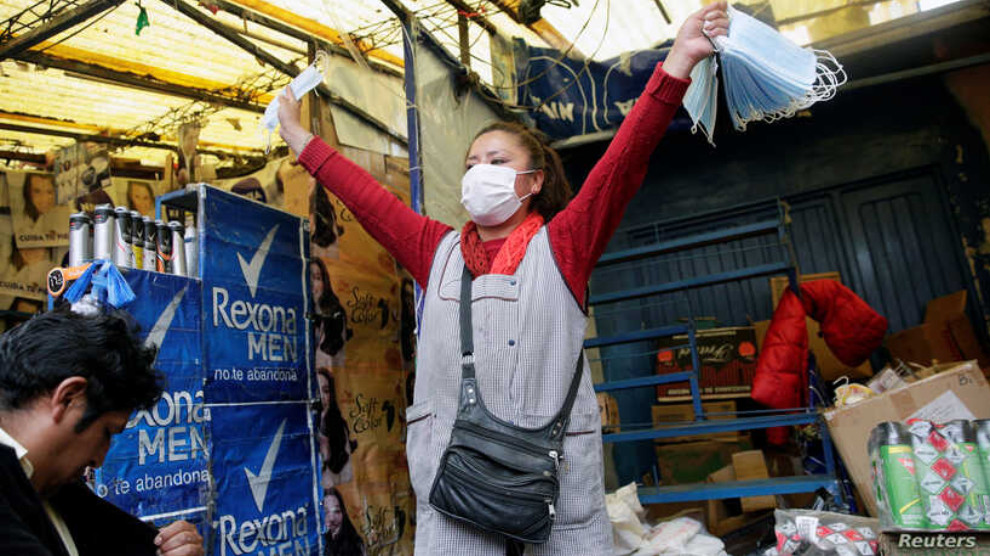Coronavirus, how Latin America is dealing with the pandemic
The spread of the new coronavirus in Latin America alerted the governments of the region since already 17 countries have reported confirmed cases.
The spread of the new coronavirus in Latin America alerted the governments of the region since already 17 countries have reported confirmed cases.

Brazil is the country with the most infected so far but does not yet register deaths like Argentina, Ecuador, Panama, and Guyana.
After the World Health Organization (WHO) announced the decision to classify the proliferation of the new coronavirus (COVID-19) as a 'pandemic,' one of the main issues discussed was the "alarming level of inaction" by governments.
The high costs of tests and other treatments to counter the virus revealed the big differences that exist in the world in terms of social guarantees.
In Latin America, countries that have disadvantages in their health systems compared to countries in Europe have been carrying out some precautionary measures, recommended in part by the WHO, to fight this new pandemic.
Brazil has at least 98 confirmed cases and is also one of the first countries to confirm the virus in the region.
Brazilian president Jair Bolsonaro refused to attach importance to the virus, yet he has canceled some public events, includin a 'pro Bolsonaro' rally scheduled fro today.
Argentina have 34 confirmed cases. So far, there have been two deaths from the virus in Buenos Aires.
On Thursday, the government of Buenos Aires suspended mass gatherings, such as the Lollapalooza event.
Ecuador, one of the first countries in the region to confirm the new coronavirus, announced budget cuts, cuts in public employee wages and debt to face the difficulties caused by the virus and the fall in oil prices.
Chile confirmed cases linked to Spain and Italy, two of the European nations most affected by the new coronavirus.
Mexico said it has shielded finances and the economy from the global new coronavirus crisis and the international war on oil prices.
The country has so far confirmed 26 people infected throughout the country.
Cuba has reported 4 cases so far. The Cuban government activated all the conditions and capabilities of its health system for prevention and surveillance to contain the expansion of the new coronavirus. One policy is to monitor airports for travelers from nine nations: China, Italy, Iran, Japan, South Korea, France, Germany, and the United States.
Venezuela confirmed two cases of coronavirus. Venezuelan President Nicolas Maduro declared a state of alarm throughout the country and ordered schools to close until further notice.
The governments of countries such as Costa Rica (26 cases), Paraguay (7 cases), Jamaica (1 case) and Honduras (2 cases) have also announced prevention measures to deal with the COVID-19, such as the cancellation of massive events, concerts, religious and political gatherings, and indoor activities like cinemas or theaters for at least the next two weeks.
Panama and Guyana have confirmed the death of their first citizen due to the COVID-19, and have advised avoiding public meetings, trips, and the suspension of classes.
Colombia has confirmed 16 cases of new coronavirus.
On Friday night, Colombian President Ivan Duque announced through his Twitter account the closure of all border crossings with Venezuela.
The de-facto government of Bolivia reported that the number of cases of COVID-19 rose to 10 and announced the reinforcement of some containment measure.